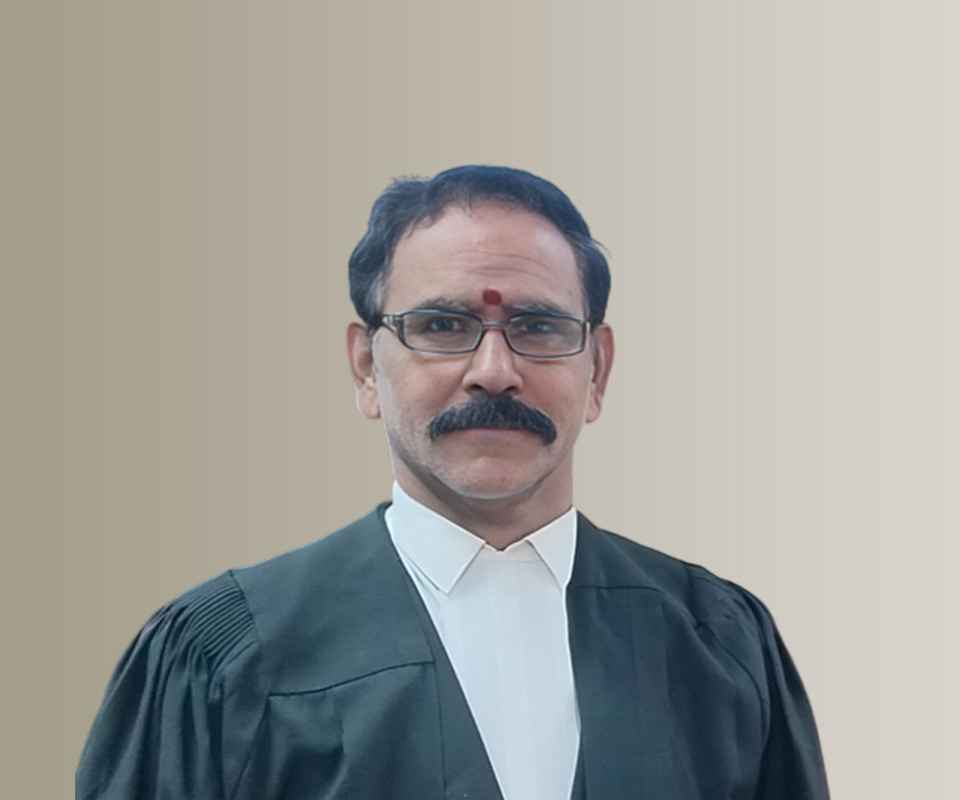Answer By law4u team
Extradition is the legal process by which one country requests the surrender of an individual to face charges in the requesting country. The stages of the extradition trial in India are governed by the Extradition Act, 1962, applicable international treaties, and constitutional safeguards. The process involves a series of procedural steps aimed at ensuring fairness, legality, and the protection of human rights.
Stages of Extradition Trial in India
1. Receipt of Extradition Request
Extradition Request: The process begins when a foreign country submits an extradition request to India. This request is typically made through diplomatic channels, and the Ministry of External Affairs (MEA) is the primary authority for receiving such requests.
Documentation: The requesting country must provide adequate documentation, including a formal request, details of the crime, and evidence supporting the charges (a prima facie case), ensuring that the offence is extraditable under the relevant treaty or agreement.
2. Preliminary Review by the Ministry of External Affairs (MEA)
Initial Scrutiny: The MEA assesses whether the request meets all necessary conditions under the applicable extradition treaties and the Extradition Act, 1962. This includes checking if the offence is covered under the treaty, the principle of dual criminality (i.e., the offence must be a crime in both countries), and whether the request meets procedural requirements.
Political Offence Exception: If the offence is deemed political, religious, or military in nature, the request may be refused at this stage.
3. Judicial Proceedings and Arrest (If Applicable)
Arrest of the Individual: If the request passes initial scrutiny, Indian authorities may issue an arrest warrant against the individual, especially if they are in India. However, provisional arrest can occur even before the formal request is received, based on the seriousness of the offence and the treaty provisions.
Judicial Review: Upon arrest, the individual can file a habeas corpus petition in the Indian courts challenging the legality of the arrest. The courts must then evaluate whether the arrest was made in accordance with Indian law.
4. Examination of the Request by the Magistrate
Magisterial Review: A magistrate in India conducts the initial review of the extradition request. This is where the court examines whether the request complies with legal requirements, such as dual criminality, extraditable offences, and adequate documentation from the requesting country.
Examination of Evidence: The magistrate also assesses whether the evidence provided by the requesting country is sufficient to establish a prima facie case against the accused. If the evidence is inadequate, the magistrate may refuse to proceed.
5. Opposition and Defence by the Individual
Right to Challenge: The individual facing extradition has the right to contest the extradition on various grounds, including:
- Non-extradition under the treaty (e.g., if the offence is not covered).
- Risk of death penalty or torture upon extradition.
- Extradition based on political reasons.
- Potential for unfair trial.
Representation: The individual can present evidence and make arguments, and may be represented by a lawyer. These proceedings involve judicial scrutiny to ensure that the person's legal rights are respected.
6. Judicial Decision on Extradition
Magistrate’s Order: If the court finds that the extradition is legally valid, it will issue an order to extradite the individual. If the magistrate finds any deficiencies in the request or if the accused proves that the extradition would violate their rights, they may refuse the extradition.
Appeal Process: The individual has the right to challenge the magistrate’s decision in higher courts, such as the High Court. However, the appeal process is usually time-bound.
7. Review by the Central Government
Final Approval: After the judicial decision, the matter is referred to the Ministry of Home Affairs (MHA), which can grant or refuse extradition, based on the magistrate’s recommendation. The MHA takes into consideration the political, diplomatic, and human rights implications of the extradition request.
Sovereign Discretion: The government can use its discretion to reject the extradition if it believes that proceeding would harm national interest or violate human rights standards.
8. Extradition or Repatriation
Final Extradition: If the Central Government approves the extradition, the accused is handed over to the requesting country. This typically involves the transfer of the individual through diplomatic channels or law enforcement cooperation.
Refusal of Extradition: If the request is denied, the individual is released, and the requesting country can appeal or make a new request, possibly with more evidence or different legal arguments.
Example
Suppose a person accused of fraud in the United States is found in India, and a formal extradition request is made. The following steps would occur:
- The MEA reviews the request and ensures that the offence is covered under the India-US Extradition Treaty.
- The magistrate in India examines whether the crime (fraud) is a criminal act in both jurisdictions and if sufficient evidence is provided.
- The individual can contest extradition, arguing that the charges are politically motivated or that they would face an unfair trial in the US.
- If the magistrate orders extradition, the matter is reviewed by the Ministry of Home Affairs, which makes the final decision.
- If approved, the individual is handed over to US authorities.
Conclusion
The extradition trial process in India is a detailed, multi-stage procedure that ensures both compliance with international treaties and the protection of individual rights. It balances legal and procedural safeguards with the need for international cooperation in criminal justice. Each stage—beginning from the receipt of the request to the final extradition—ensures that fairness and due process are upheld.







